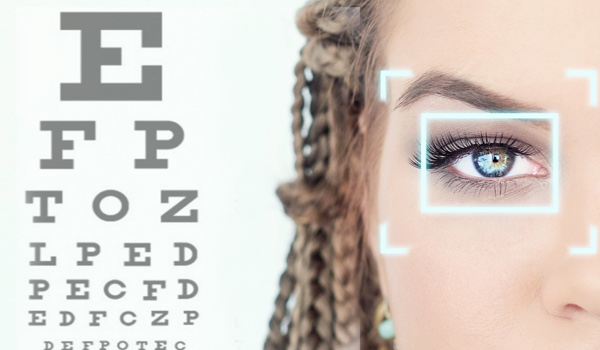


WASHINGTON - Media coverage of the world’s aging population, especially in wealthy Organisation for Economic Co-operation and Development (OECD)1 member countries, tends to be angst-ridden. Headline writers and researchers warn of a coming ’silver tsunami,’ detailing - often in apocalyptic terms - all the burdens that aging poses for society, from paying pensions to managing rising healthcare costs.
When the talk turns to older workers, an oft-expressed fear is that automation and digitization will accelerate layoffs, swelling the ranks of those who have been cast adrift mid-career.
All this handwringing must not silence the case for optimism. Older workers have enormous productivity potential, so employers should view them not as liabilities, but assets. Recent reports from AARP, formerly the American Association of Retired Persons, and the OECD have shined a spotlight on the hundreds of billions of dollars of gross domestic product lost each year from economic inactivity among older workers, with these foregone gains set to rise into the trillions in coming decades. Reskilling advocates note that training older employees for new tasks is often cheaper than laying off current workers and hiring new younger ones.
Yet, the world is collectively failing to cultivate age-inclusive workplaces that would seize these opportunities. Changes need to occur to make that happen.
Ageism by Numbers
The first step is to acknowledge the problem and name it: pervasive ageism. Consider this inconvenient truth. National statistics from around the world confirm that job seekers over the age of 45 comprise the bulk of long-term unemployed. Recent global research by my organization, Generation, on the employment challenges confronting this cohort in Brazil, India, Italy, Singapore, Spain, and the
The content herein is subject to copyright by Project Syndicate. All rights reserved. The content of the services is owned or licensed to The Yuan. The copying or storing of any content for anything other than personal use is expressly prohibited without prior written permission from The Yuan, or the copyright holder identified in the copyright notice contained in the content. Continue with Linkedin
Continue with Linkedin
 Continue with Google
Continue with Google










 3650 views
3650 views







